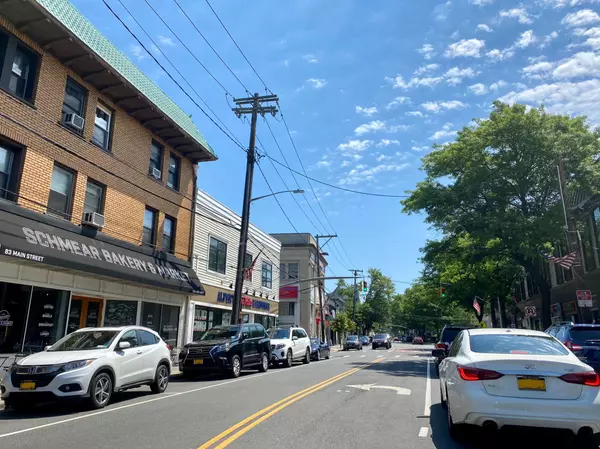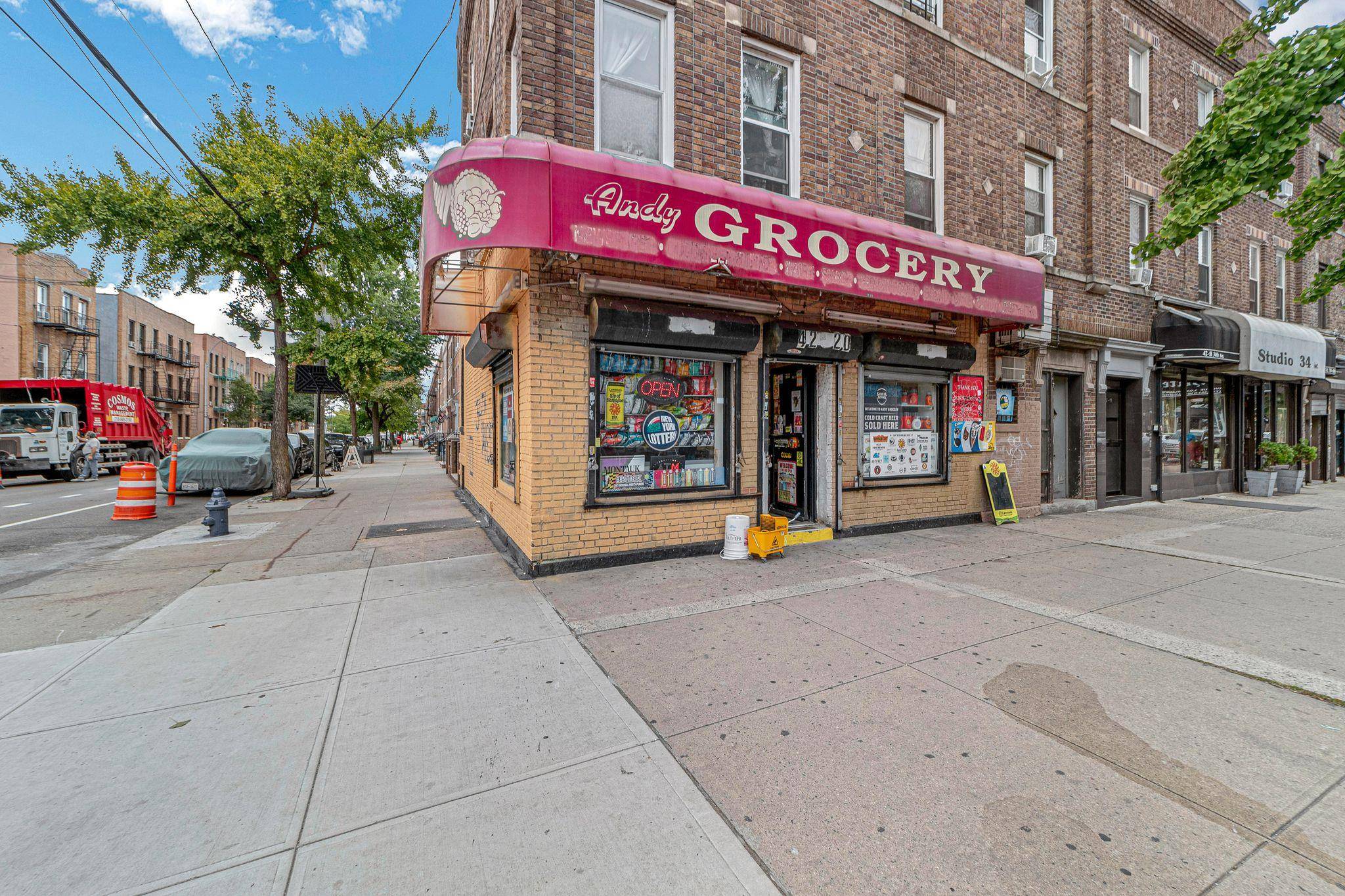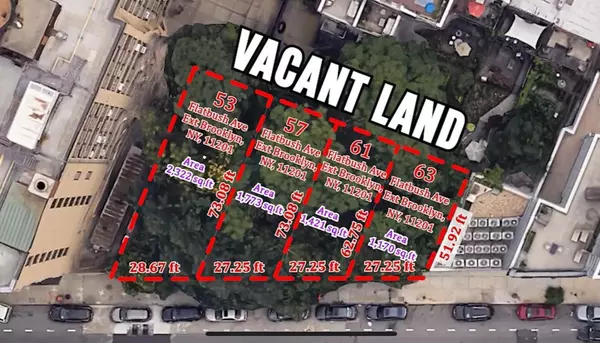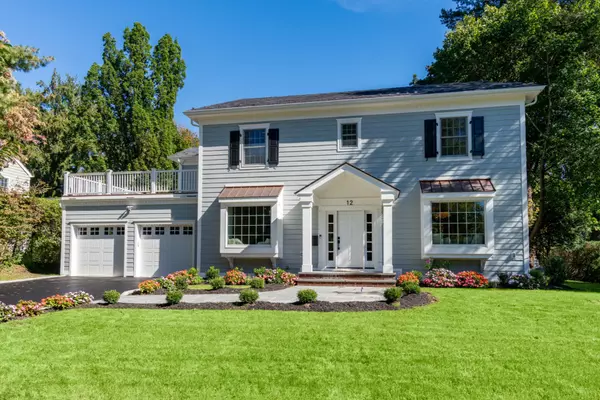
Neighborhood Spotlight: Port Washington
Nestled on the North Shore of Long Island, Port Washington is a vibrant community that perfectly blends suburban waterfront charm with the convenience of city living. Just a short train ride away from the hustle and bustle of Manhattan, Port Washington offers its residents a unique lifestyle that at

Falling Behind on your Mortgage? Please Read This Now!
Your Home Equity is Worth Protecting: Time-Sensitive Solutions for NYC Homeowners We need to have an honest conversation with you about something we're seeing across our New York City metro area communities and even in high-ticket, high-net-worth suburbs like the North Shore of Nassau County, Westc

Selling Your Home: Our Process
Selling a home can be an overwhelming process, but with the right support and expertise, it can also be a smooth and rewarding experience. The Matsis Team prides ourselves on offering a comprehensive and proactive approach to selling your home. We do much more than just take photos, add your home to
Categories
Recent Posts











